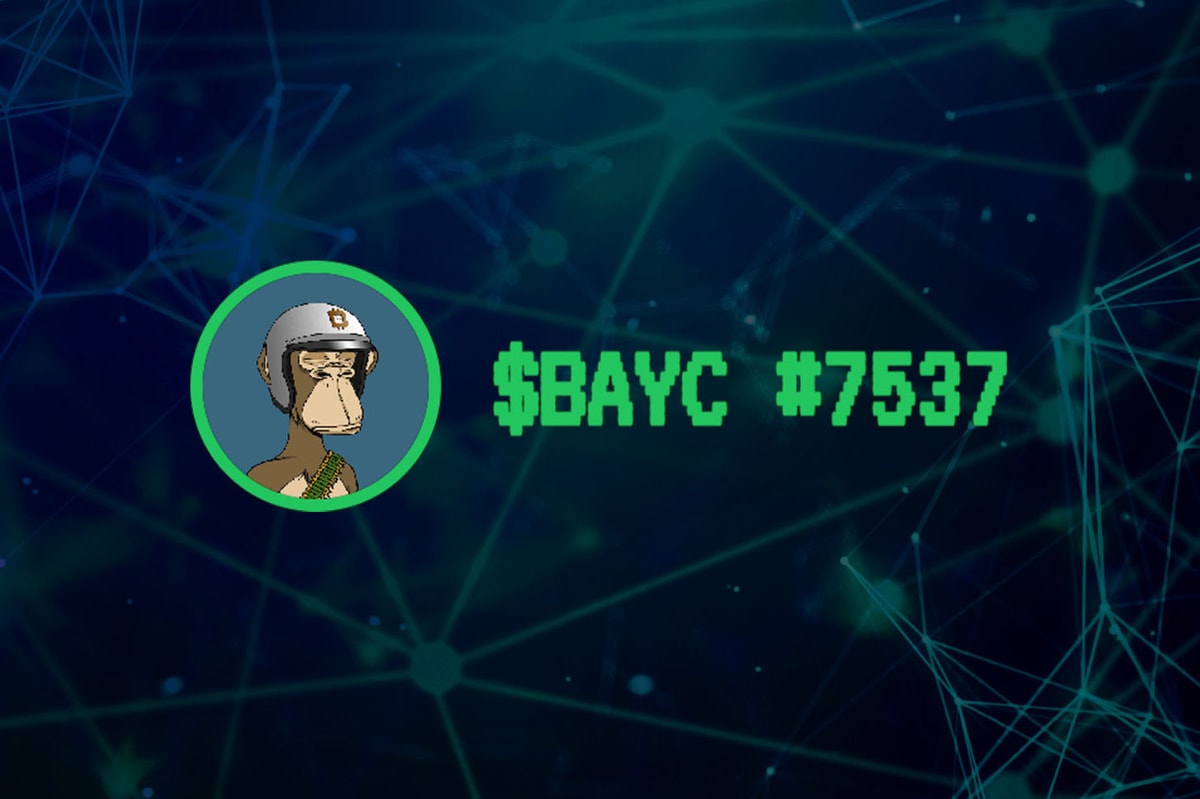South Korean tech conglomerate Naver is launching its first-ever crypto wallet, Naver Pay Wallet, in partnership with the sport-focused blockchain Chiliz.
Chiliz, a layer-1 blockchain built around supporting fan tokens, stated in an Aug. 29 X post that it was chosen as the inaugural blockchain for the wallet, which is available to over 33 million Naver users.
Naver — known as “the Google of South Korea” — runs the country’s most used search engine. It was the most visited website in South Korea last month with 1.7 billion visits, according to Similarweb.
The wallet is managed by Naver subsidiary Naver Pay, which reportedly has over 97,000 merchant users.
Source: Chiliz
“The Naver Pay Wallet is not aiming to become a typical crypto wallet, but a service around utility and loyalty blockchain technology,” Chiliz founder and CEO Alexandre Dreyfus told TechCrunch.
The wallet is in beta and is non-custodial — meaning users will retain their wallet’s private key — and can hold both cryptocurrencies and non-fungible tokens.
Dreyfus said more functionality is yet to come, with planned integrations with decentralized apps (DApps), fan tokens and a merchant loyalty program.
He added the target customers are “tech-savvy,” already use Naver Pay digitally, and are “interested in exploring blockchain technology, particularly in the realms of sports, entertainment, and digital assets.”
Related: South Korean crypto exchange employees out-earn staff at major banks
While the Chiliz blockchain is the wallet’s first, Dreyfus said Naver could add support for a wider range of blockchains in the future.
Naver’s crypto wallet comes a day after messaging app Line — which the company launched in Japan in 2011 and still owns a major stake in — also moved into crypto.
Line is set to get so-called “mini DApps” — blockchain-based applications that work within the messaging app — after the Kaia blockchain launched its mainnet on Aug. 29.
The Kaia chain was formed with the February merger of Line’s Finschia blockchain and the Klaytn blockchain from major South Korean social app maker Kakao.
Asia Express: Bitcoin miners steamrolled after electricity thefts, exchange ‘closure’ scam











